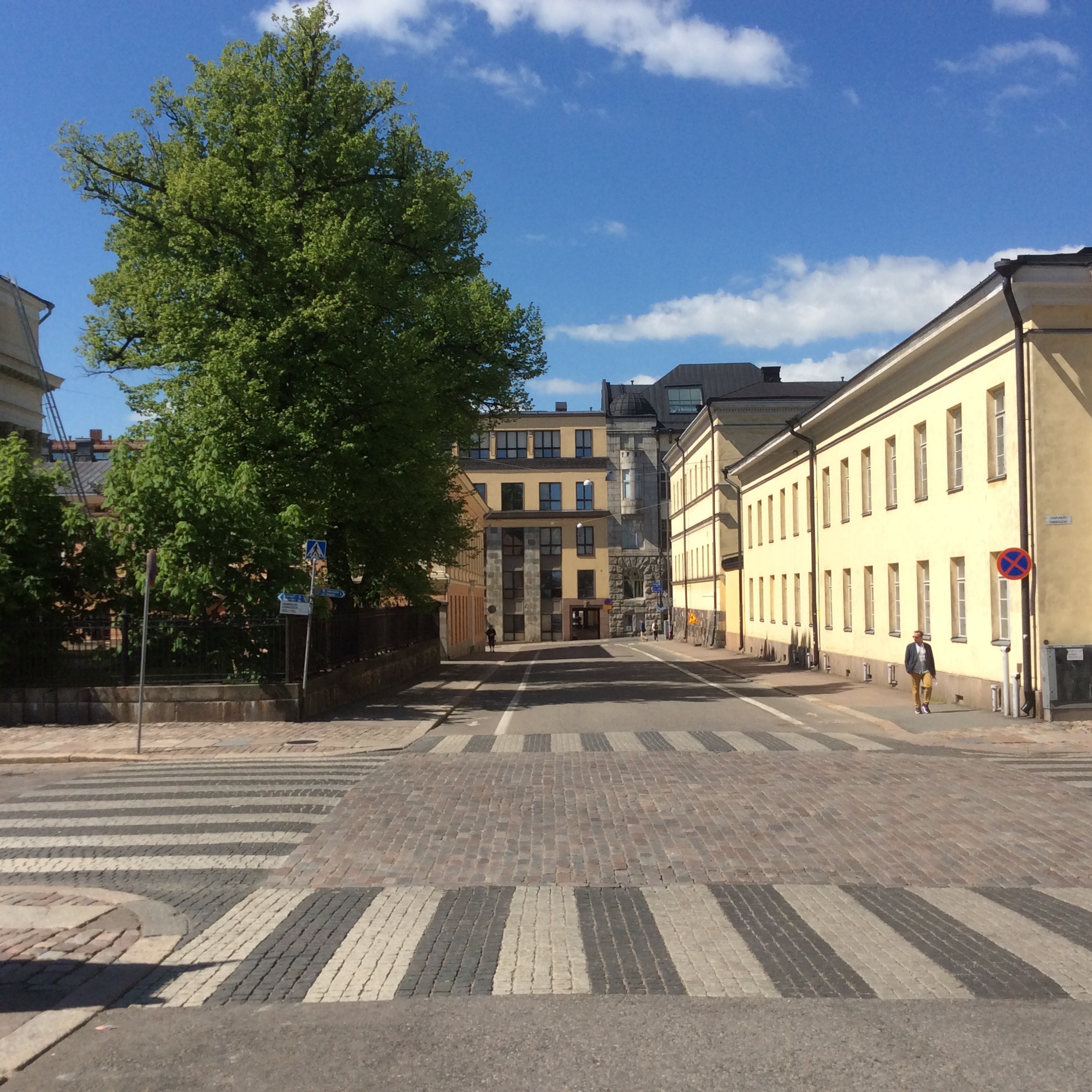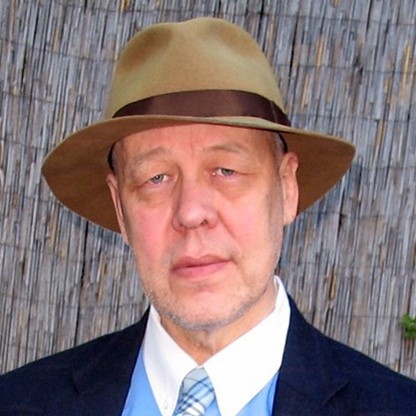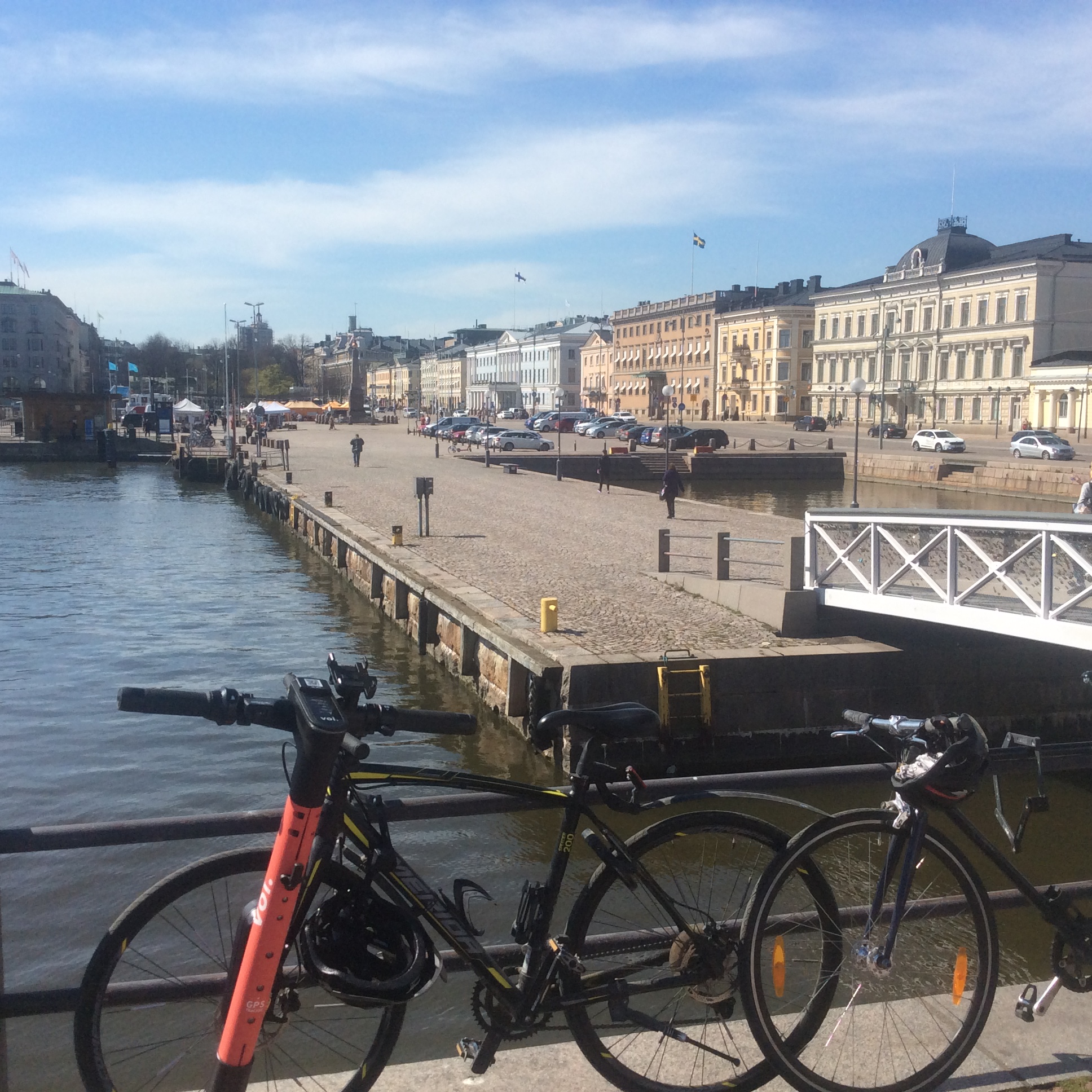Letters from HUAP: Juha A. Janhunen
University News | October 05, 2022
This article was published in the Autumn 2021 issue of Litterae Populi. The full issue can be found here.
Dr. Juha A. Janhunen
Professor (emer.) of East Asian Languages and Cultures University of Helsinki, Finland
Hokkaido University Partner
It was an unexpected honor for me to be invited to the role of a Hokkaido University Partner in Helsinki some years ago. I assume that I was selected because of the field of my academic chair, East Asian Languages and Cultures—of which Japanese Studies is a part. However, I also have a much deeper personal connection with Hokkaido University: I studied at Hokkaido University as a Monbusho (now, MEXT) visiting research student, back in 1978–1979. My host at Hokkaido University was the internationally renowned linguist Professor Jiro Ikegami (1920-2011), a famous specialist of Manchu and other Asian languages. Later, in 2001, I spent half a year at Hokkaido University as a visiting research fellow of the Slavic Research Institute, upon the invitation of the distinguished ethnographer Professor Koichi Inoue. During these prolonged research stays, followed by many shorter visits to Hokkaido University for conferences over the years, I have come to appreciate Hokkaido University as my second “home university”.

Part of the University of Helsinki Center Campus: Asian languages department building in the yellow building to the right; Hokkaido University Europe Office in the brown building in the back.
When I first came to Hokkaido, I immediately felt the close similarity with Finland. During my travels in all parts of Hokkaido, I found that the entire natural environment — the climate, vegetation, and the animal world, is surprisingly like that of Northern Europe. Sapporo is a Japanese city where a Finnish person can feel at home. In addition, Hokkaido University and the University of Helsinki are of similar size, and are located at the heart of their cities.
In 2011, I was very glad to learn that Hokkaido University decided to establish its Europe Office at the University of Helsinki. Many of my collaborative projects with Hokkaido University have been connected with the Europe Office. I remember, in particular, a very interesting seminar on the history of “Turanism”, organized by the Europe Office. “Turanism” was a pre-war cultural movement that linked Japan with Eurasia as far west as Turkey, Hungary, and Finland. It cannot be ignored that there are many phenomena, both cultural and linguistic, that the Finns share with the Japanese, as well as with several other peoples in Northern and Central Eurasia. My own research is concerned with the languages and prehistory of Siberia and Mongolia in particular, fields that are also being studied at a high international level at Hokkaido University. The University now has a separate Center for Ainu and Indigenous Studies, which is without a doubt the world leader on topics pertaining to the Ainu.
The pandemic has been a challenge for maintaining international contacts at all levels. In Helsinki, Hokkaido University is fortunately constantly present in the form of its Europe Office, and there is the possibility of distant collaboration, but for students and teachers alike it would be important to maintain a direct contact as well. I sincerely hope that mutual visits will be possible very soon again. For our university, Hokkaido University is one of the strategic partners in Japan, and I always recommend Hokkaido University, ahead of other Japanese universities, as an exchange target for our students.
This article was published in the Autumn 2021 issue of Litterae Populi. The full issue can be found here.




